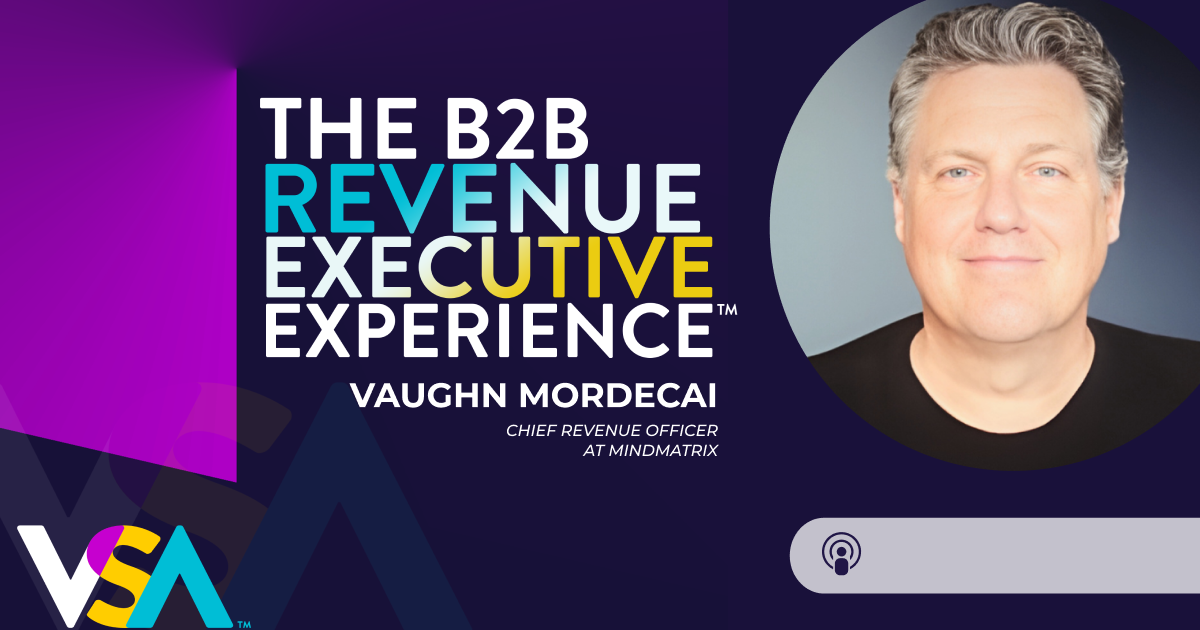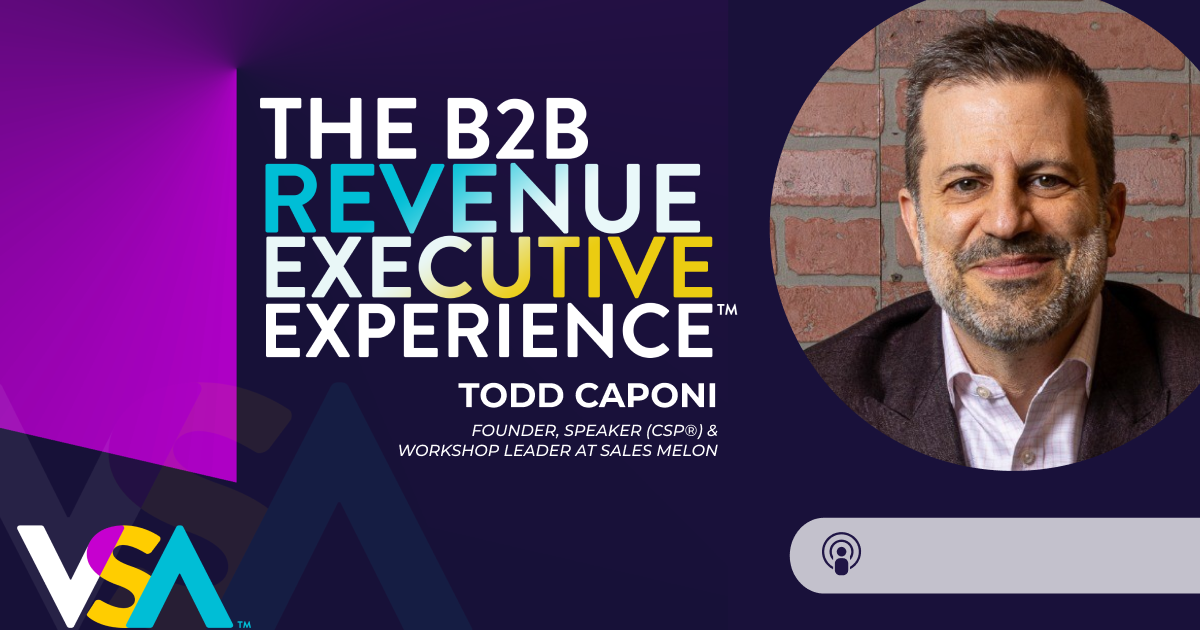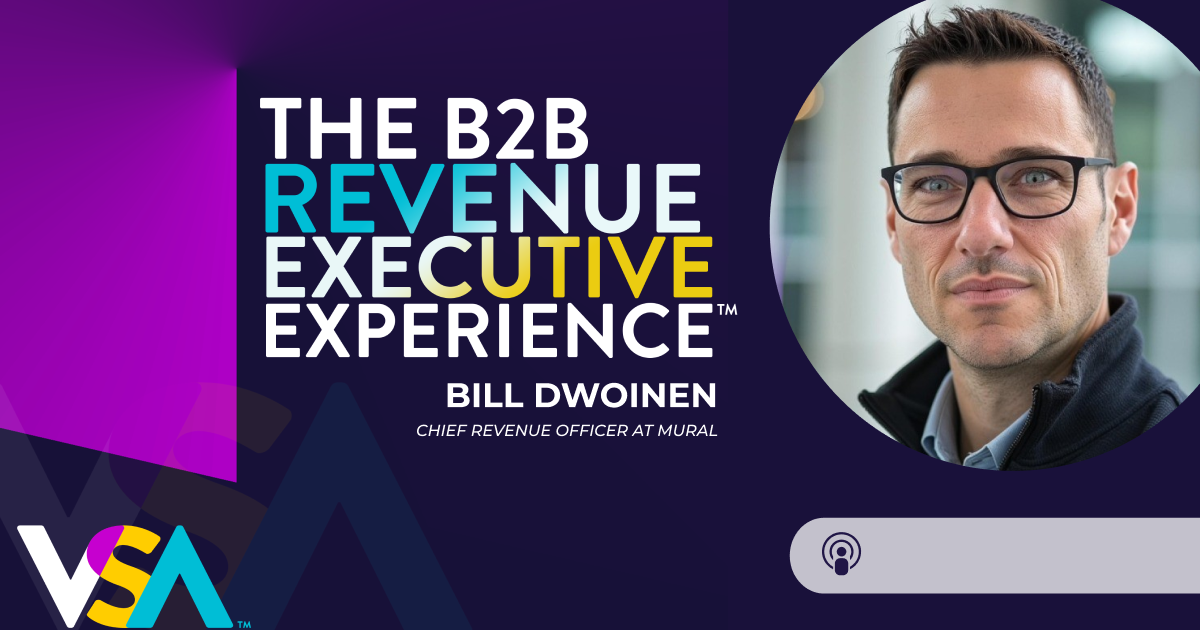How to Stop Managing & Start Coaching

The path to leadership is broken.
We spend so little time developing leaders.
And when we do, we create managers when we need coaches.
On today’s show, Sarah Wirth, President at EcSell Institute and Author of “The Coaching Effect,” explains why coaches get better results than managers.
She explains:
- The difference between a manager and a coach
- Why effective coaching means pushing people out of their comfort zone
- Why great coaches build trust first
The difference between a manager and a coach
So, what is the difference?
Managing is about execution. It’s making sure people get things done.
You come up with a process, a list of priorities and you make sure they get accomplished.
You could also be a leader. You look at the big picture, marrying your strategy, goals, mission and vision for the future.
But to be a coach, you have to handle the day-to-day interactions, motivating and supporting people.
In short, you need to really understand your people and build deep relationships with them. You need to know what they need to accomplish and help them figure out ways to get it done.
“Coaching means being willing to take a back seat where you don’t have to be the one that comes up with the answer. Effective coaching conversations take more time.”
SARAH WIRTH at EcSell Institute
Coaches need to be willing to operate differently. They need to help them figure out how to do things and not just tell them what to do.
Coaching can be a lot harder and more time-consuming because it involves guiding your people to a place where they can solve problems themselves. It involves asking questions and not just issuing dictates from on high.
And this means checking your ego at the door.
Which, let’s face it, can be particularly hard for someone who advanced to their position through always having the right answers.
Coaching isn’t about being the hero and always knowing the right answer, it’s about helping others find it for themselves.
And that’s heroic in its own right.
Coaching means pushing people out of their comfort zone
Instead of telling people how things should be done, effective coaches ask them how they think things should be done.
They help them see alternatives, reflect on mistakes and find room for improvement. They help them think through problems on their own.
A great coach is invested in the growth of their people.
But for people to grow, they need to be pushed out of their comfort zone.
“If we’re doing the same things that we’ve always been doing, we may be executing it well, but we’re probably not learning anything new.”
SARAH WIRTH at EcSell Institute
If we’re being honest, we all know we learn more from being uncomfortable, from making mistakes and trying new things.
I mean, go as far back as learning to ride a bike. What was more valuable — all the times everything went smoothly or that one big wipeout?
In your career, it’s the same.
It’s getting a promotion and realizing you have no idea what you are doing and being forced to learn on the fly.
It’s leading a meeting when you know talking to more than one human at a time makes you vomit.
It’s figuring out new ways of learning.
And it’s absolutely vital if you want to grow as a person.
A great coach earns trust first
Of course, pushing people out of their comfort zone isn’t something you can do in a vacuum.
There needs to be a foundation of trust for this to work.
If your dad threw you in the pool to teach you how to swim, that might be a terrifying, yet fond, thing to remember.
If a random stranger did the same thing, you’d probably be describing them to a sketch artist later that day.
“If somebody feels like you know them, you really understand who they are and you have their best interests at heart, then when you challenge them and push them, they know it’s for their benefit.”
SARAH WIRTH at EcSell Institute
This trust is absolutely important to build because giving criticism and pushing people into challenging situations is a lot like pushing them into a pool: Trust is the difference between a funny anecdote and a county-wide manhunt.
Of course, there is also the variable of coachability. Some people crave criticism and being pushed into the unknown; for others, these are the things that make sure their therapist drives a Mercedes.
But if you’ve built a strong foundation of trust and a healthy relationship with that person, you’ll know how to approach them.
More importantly, they’ll know you have their best interests at heart.
This blogpost includes highlights of our podcast interview with Sarah Wirth, President at EcSell Institute.
Subscribe to hear this episode and many more like it. For the entire interview, you can listen to The B2B Revenue Executive Experience. If you don’t use Apple Podcasts, we suggest this link.
Explore More









